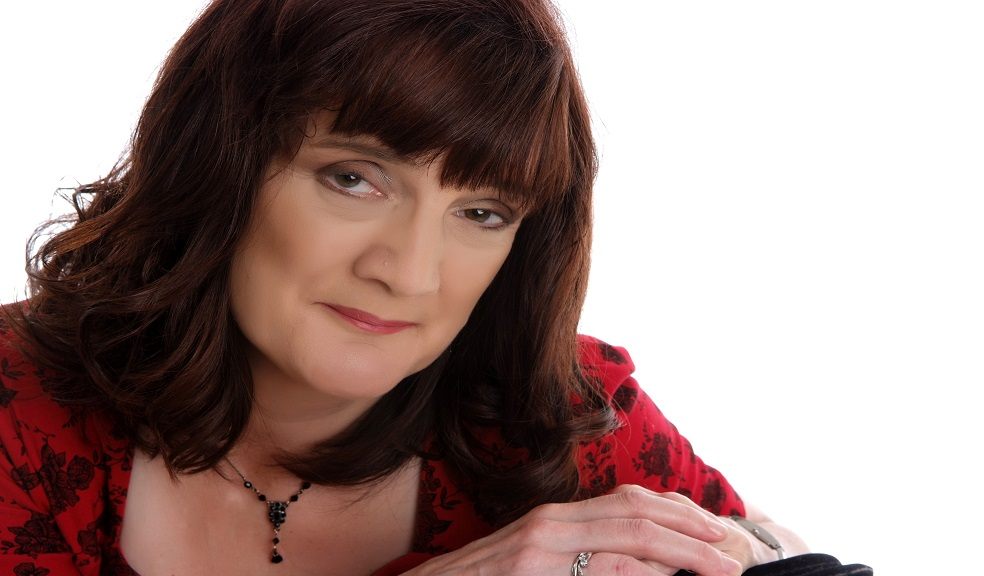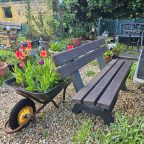
If you’ve made your home flood resilient, Mary Dhonau wants to hear from you
Do you live in a flood risk area? Has your home or business flooded? Have you had to make changes to your property to protect it against future flooding? If the answer to any of these questions is yes, then Mary Dhonau OBE, chief executive of the Know Your Flood Risk Campaign wants to hear from you, for a new eBook that provides examples of real-life flood resilience case studies.
Mary is a champion for community-based flood resilience, and has become a prolific flood awareness and resilience campaigner. Known affectionately as ‘Mary Queen of Floods’ she currently sits as a leader on one of the six Government task groups, as part of Defra’s Property Resilience Round Table, where members are working to deliver the findings of the Property Flood Resilience Action Plan report.
With Mary’s task group focusing on ‘Community Innovation’, an eBook is being published that will provide best practice examples of real people who have been impacted by flood and adapted their properties internally to make them resilient to future flood incidents.
Explains Mary: “I look on flood risk management as a jigsaw puzzle, with lots of pieces working together to reduce risk. The bit I am concerned about is the bit in the middle; the person who gets flooded. We are often told to become more ‘flood resilient’, so in my quest to help communities across the country, I’m keen to find out what people have done to adapt their homes to reduce the future impact of a flood. Not just by trying to keep the water at bay, but by making positive changes to a property, so when people are flooded they can get back home sooner.”
Mary will travel across the country to areas that have been affected by flood and interview homeowners and business owners about the adaptations they have made. The stories will then be used to produce a free on-line resource that can be downloaded to help others.
Adds Mary: “I know from first-hand experience just how appalling being flooded is, yet I think that the recovery from a flood is worse than being flooded itself. I’m keen to find out just what other people have done to cut down the amount of time they are out of their homes after being flooded and, as want to produce an eBook that everyone can download, in order to benefit from other’s personal experiences.
“Whilst we cannot escape flooding, we can make living with the prospect easier. By sharing our ideas and real life examples of just what is possible, it will provide a great motivation to others living with the same concerns or risk.”
For those interested in getting involved, the first step is to contact Mary Dhonau via the contact form on the Know Your Flood Risk website: http://www.knowyourfloodrisk.co.uk/useful-links-contacts. Mary will then contact interested participants to arrange a telephone interview.
The Know Your Flood Risk Campaign, which is supported by Landmark Information Group, aims to raise awareness of the risk of flooding from all sources. It is one of the UK’s most recognised online sources for helping people find out the flood risk related to their current or future homes.
For more information, visit www.knowyourfloodrisk.co.uk.




















